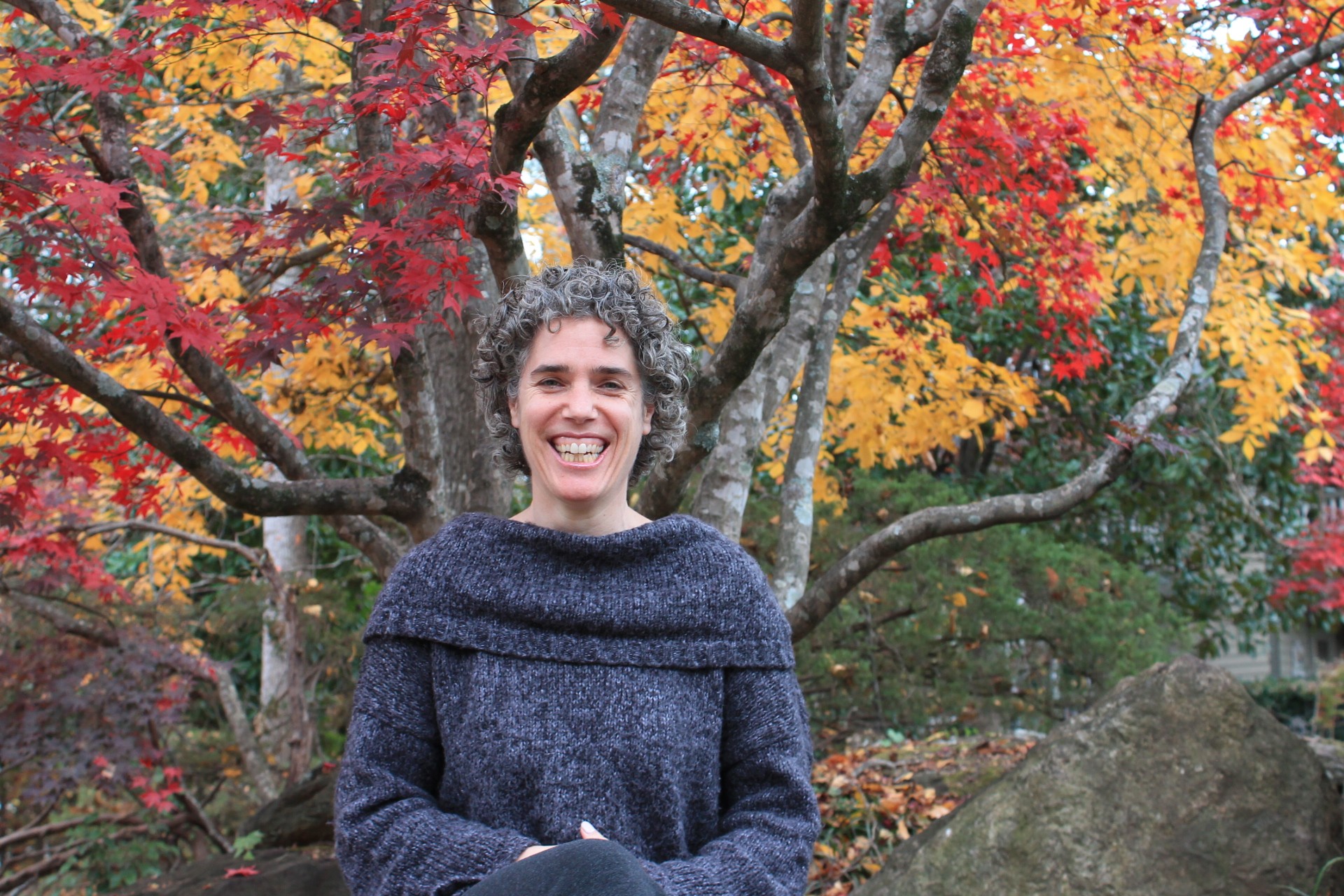

Today we’d like to introduce you to Lee Pratt
Hi Lee, thanks for sharing your story with us. To start, maybe you can tell our readers some of your backstory.
Working with seniors in physical isolation, during a global pandemic, I witnessed firsthand how heavily grief can weigh on the human spirit. This experience reinforced what I have long believed: that loss is not meant to be carried alone.
My background is in nature education, and as I traversed grief during lockdown, I found myself wondering: How might the natural world support us in our deepest moments of grief? Could the vastness of a forest, the rhythm of the tides, or the steadfastness of an ancient tree offer solace in ways words cannot?
Sitting beneath a towering tree, the simple act of feeling the wind on my face stirred something deep inside me. I recommitted myself to observing the cycles of life—the falling of leaves, the return of spring, the resilience of the earth after a storm. In these moments, loss is no longer a solitary burden but part of a greater, universal rhythm.I began exploring teachings to intertwine these fields, guiding people to engage with nature not just as a setting, but as a presence—a healing force.
Grief found its place—not as an unbearable weight, but as a natural process that, when shared, became more navigable. I came to understand that healing does not mean forgetting; rather, it means allowing ourselves to be held—by others, by the land, by something greater than ourselves. This led me to develop a system that helps with navigating grief, I call it The Grief Processing System, or GPS.
Instead of trying to move away from hard feelings, I help people both remember and re- member, because we are not designed to do this alone or indoors.
This journey reshaped my perspective on loss. I now see grief not as an isolated event, but as an invitation—to connect, to find solace in the natural world, and to lean on the support of those around us. In both human and ecological communities, I have come to believe that together we can heal profoundly.
I offer hands-on training on how to metabolize grief, with nature at the center of the process.
I’m sure it wasn’t obstacle-free, but would you say the journey has been fairly smooth so far?
Our fractured social networks, growing lack of trust, isolation and diminishing sense of community were not a good start for such a socially inclined species.
Add to that a global pandemic and the fact that grief work has been relegated to professionals that are hugely understaffed and underpaid, coupled with wars and a growing sense of uncertainty. definitely not an ideal set up.
However I am very hopeful more people are realizing that skipping over pain and loss don’t serve us well.
Thanks for sharing that. So, maybe next you can tell us a bit more about your work?
I help people and organizations prepare for an anticipated life transition such as death, life threating illness, becoming an empty nester, moving to a new town, changing jobs, retirement, the end of a relationship.
We work together to metabolize the change through The Grief Processing System, GPS for short.
The setting is typically in nature and the cycles help with the literal fermenting of pain into growth.
Just as food can become more potent and healthy once fermented so can grief.
An analogy I like is a healthy compost pile, it can nourish your soil when you take good care of it and when you don’t – it typically stinks…
What were you like growing up?
I was lucky to be raised in a tightly knit community, showered with love, with plenty of access to nature. I enjoyed exploring and going on adventures where I had the freedom to play and use my imagination with little supervision or interference. I attended an environmental studies school and nature always had a central role in my life.
You could say that I was sheltered and naive but I do still believe that people are inherently good, and at the same time no one escapes getting hurt. Some of us get hurt so bad that we inflict our pain on others. This can create traumatic experiences and also has the potential to teach us compassion and care for each other. I know about this because I lived through war and my first week working in the US was 9/11, working with children in NYC.
I believe in post traumatic growth and trauma empowered care, not just trauma informed.
People who overcome hard things have a superpower and can be leaders of hope, resilience and compassion.
Pricing:
- I work with individuals 100 p/h
- Couples 150 p/h
- families 200 p/h
- Groups 250 p/h
- Teams 280 p/h
Contact Info:
- Website: https://www.remembergrief.com/
- LinkedIn: https://www.linkedin.com/in/leepratt/
- Other: https://www.justloveforest.com/greenburial
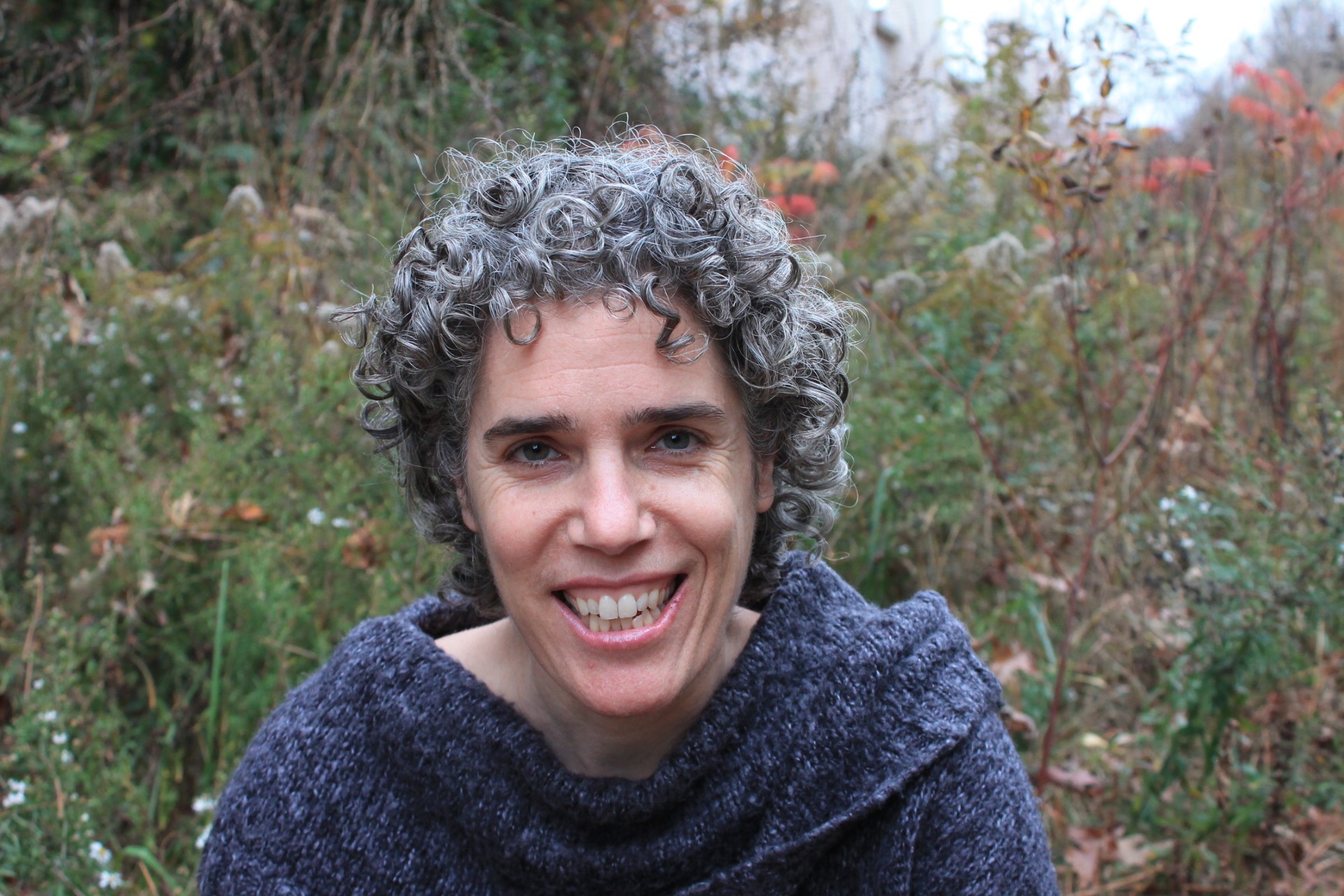
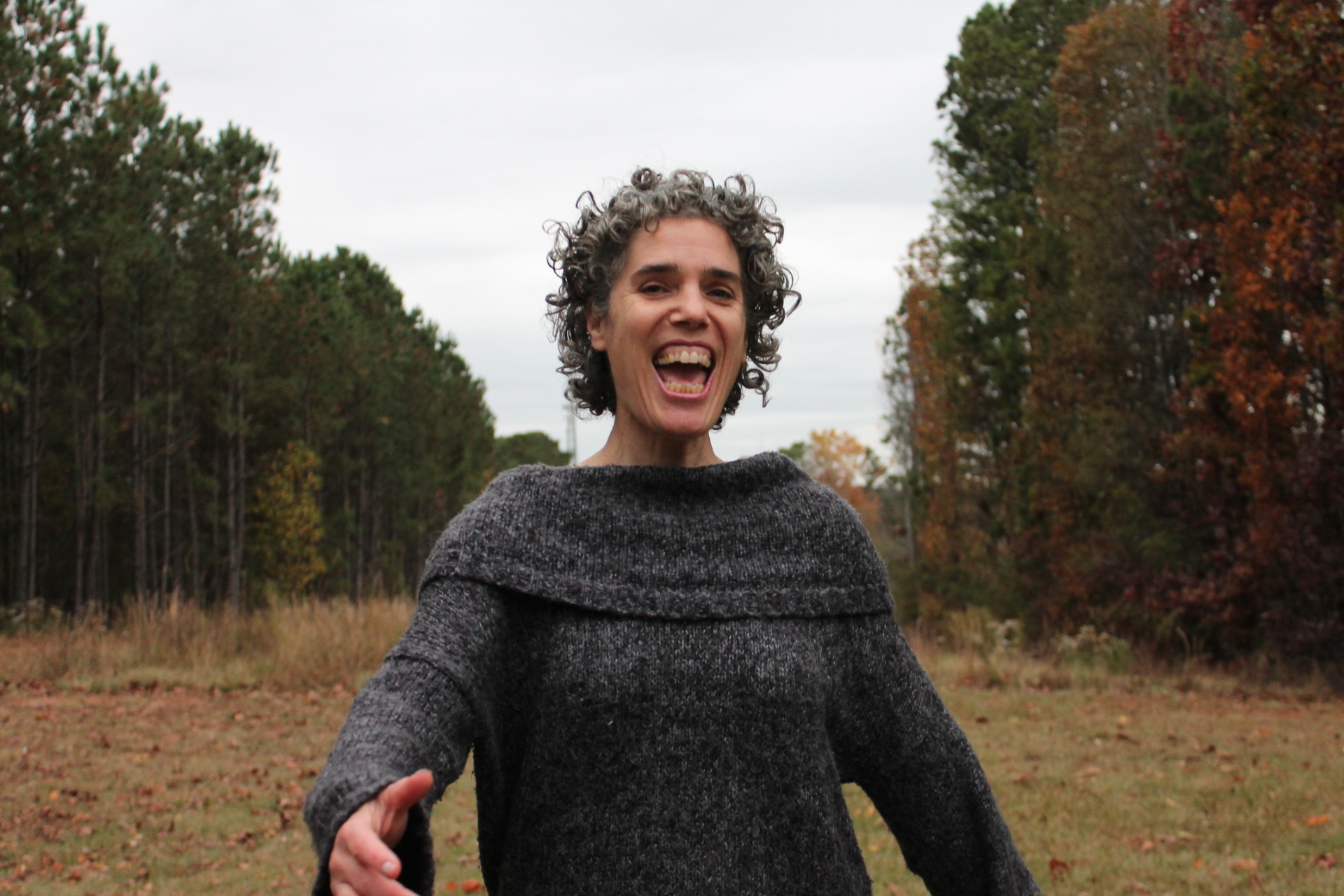
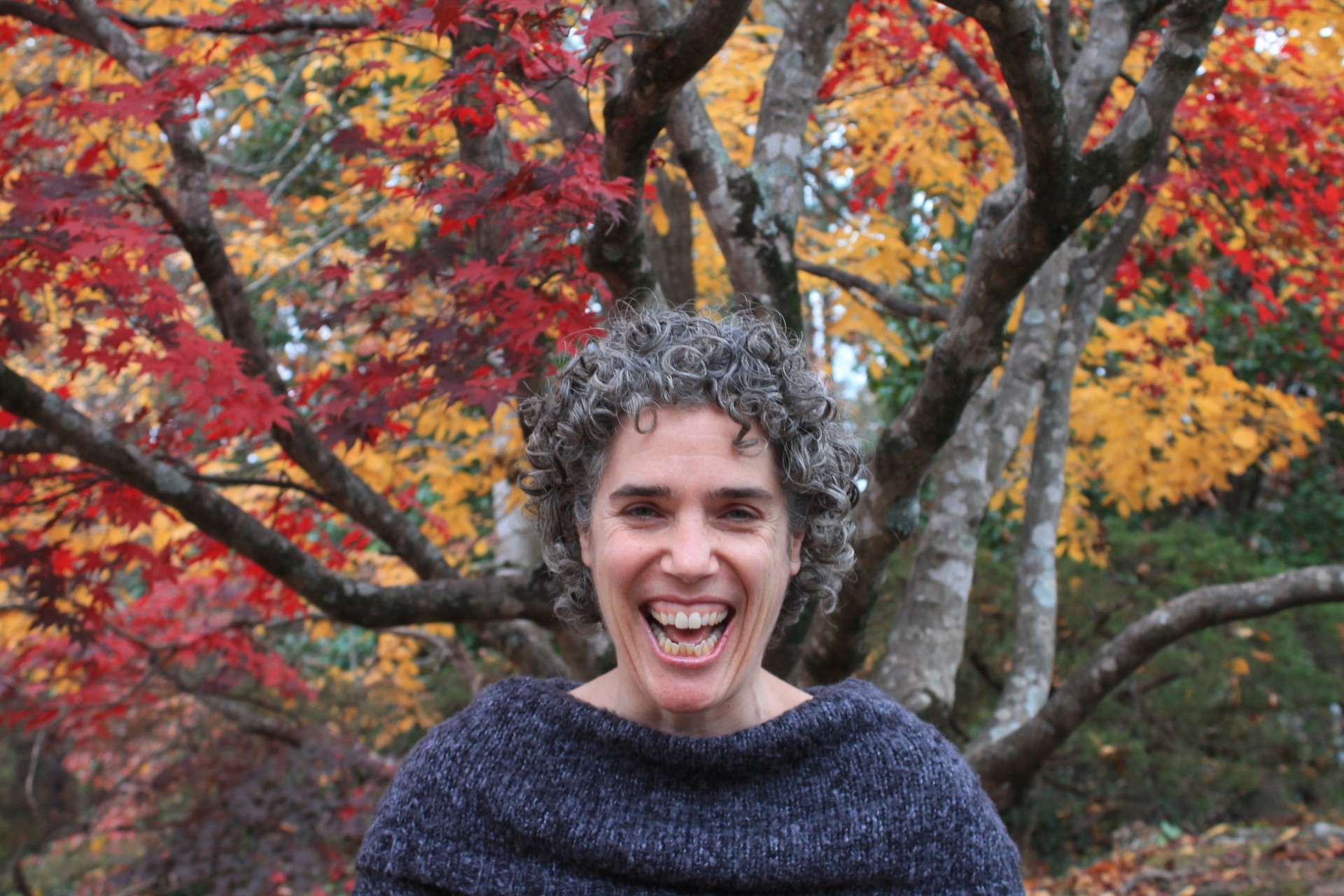
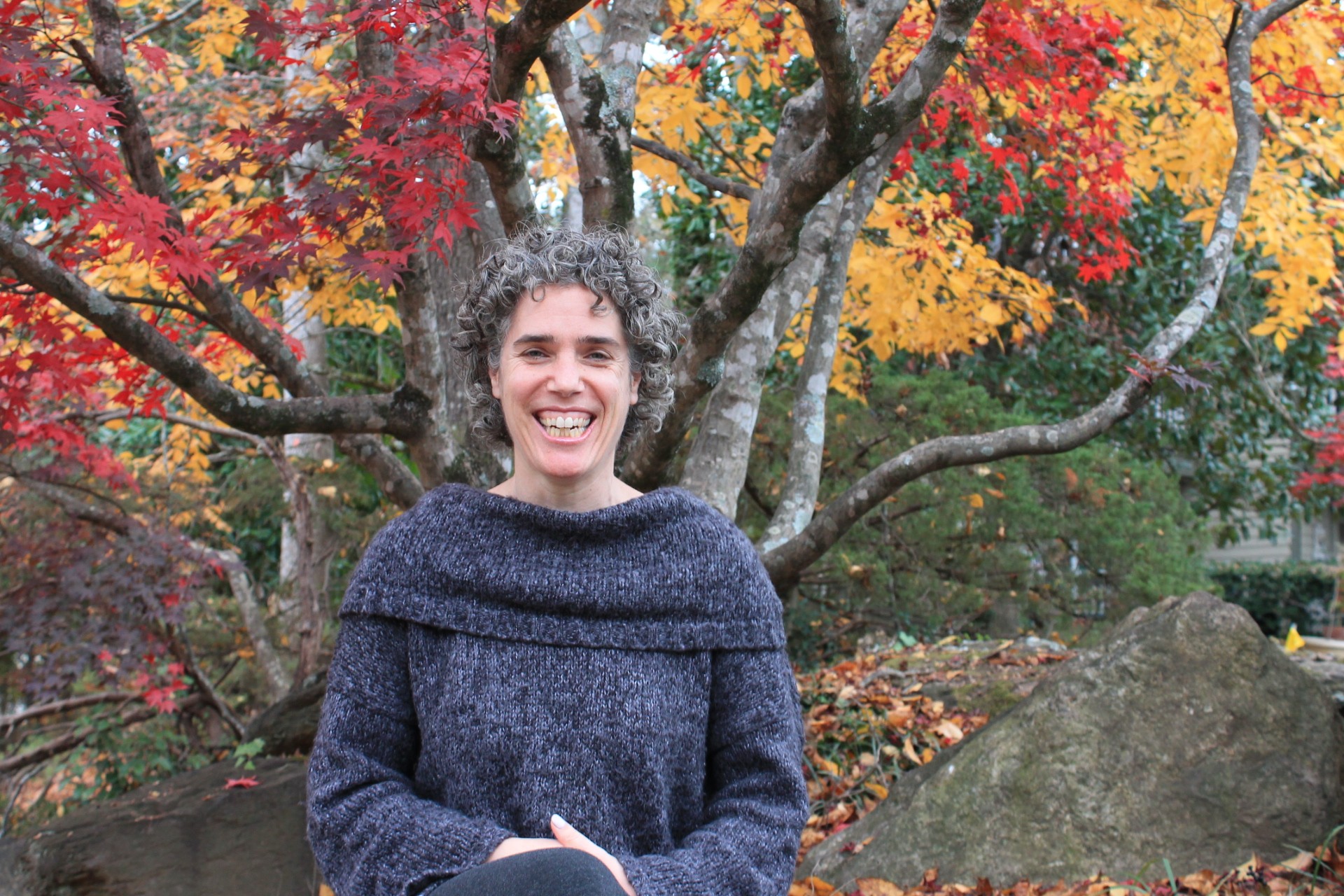
Image Credits
Ella Itzhak













